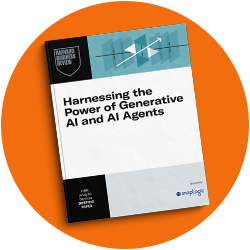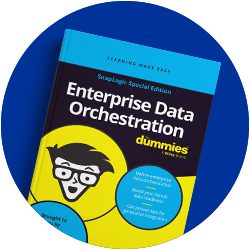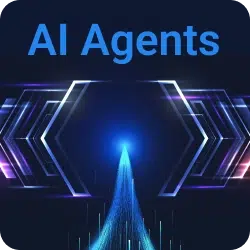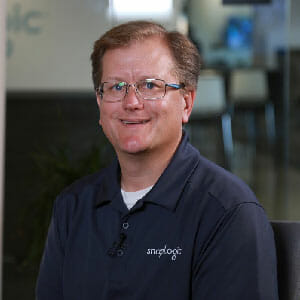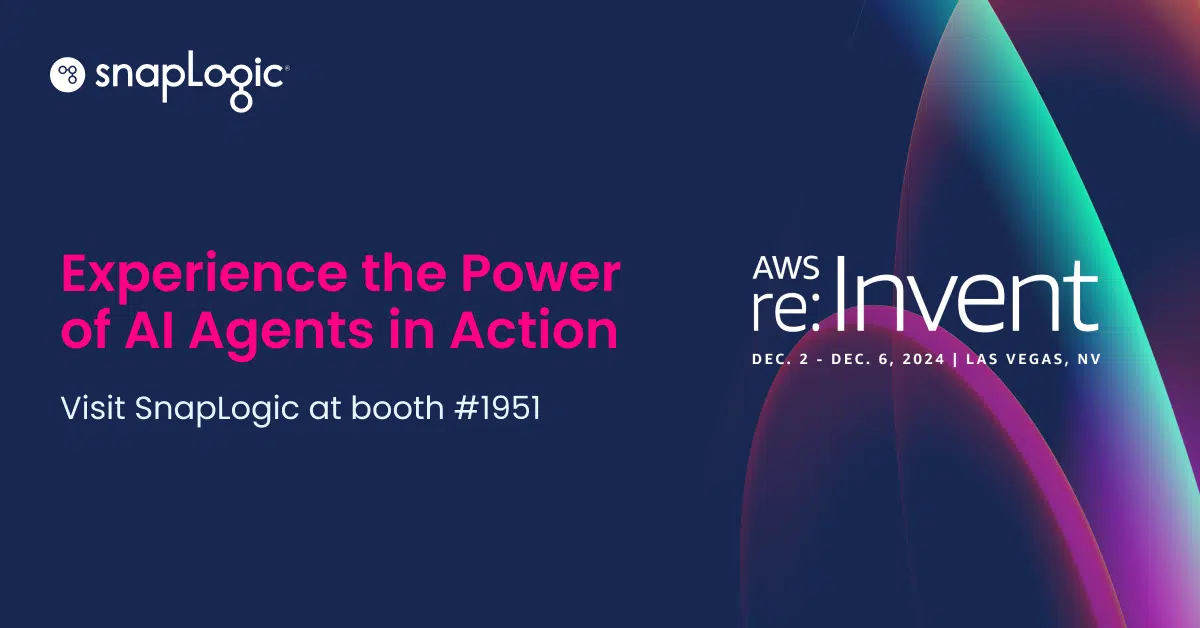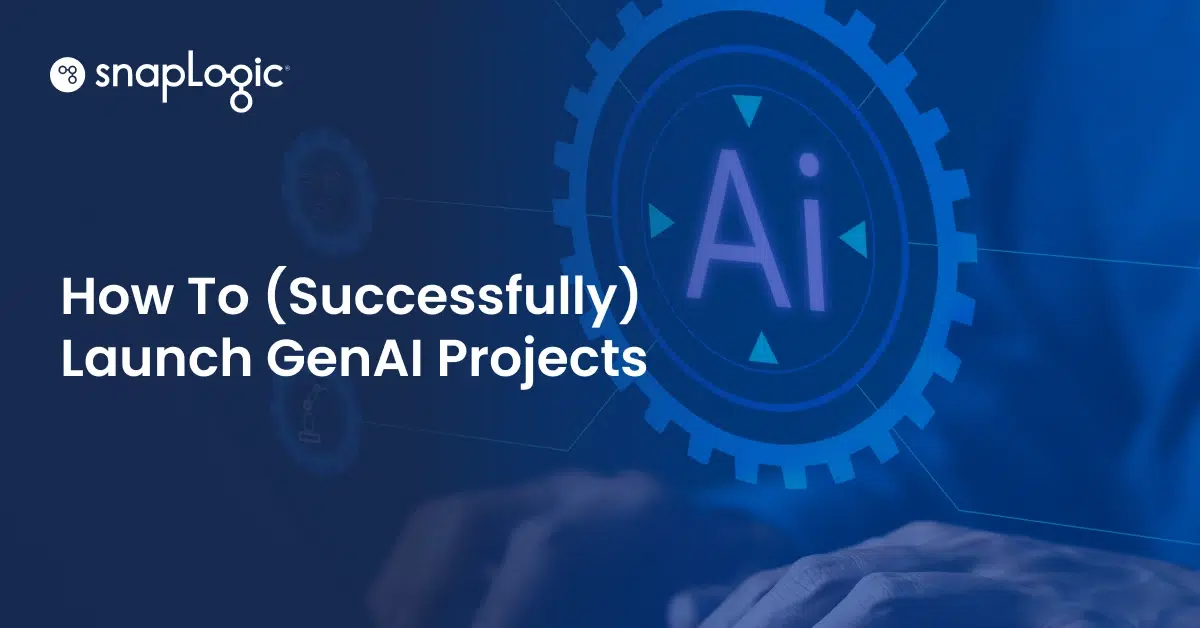On this blog, I’ve frequently shared how SnapLogic uses artificial intelligence and machine learning, and the lessons we have learned along the way from implementing such advanced technology. From bridging the gap between academic and industry perspectives to recapping a tech open house I co-hosted with Jump Ananpiriyakul on the importance of businesses using machine learning to remain competitive, it’s been great to talk about practical applications of emerging technology.
In that vein, I’m excited to share that I have been invited to present a talk on the mainstage at AI DevWorld, taking place on October 8-10 at the San Jose Convention Center. The show bills itself as “the world’s largest artificial intelligence developer event” that has sessions dedicated to machine learning, open-source AI libraries, AI for the enterprise and neural networks.”
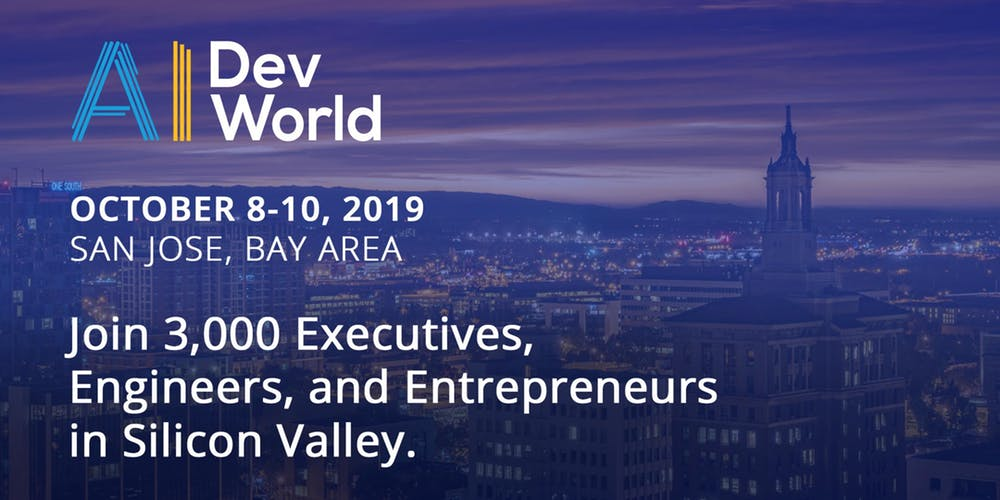
My session, “Toward Practical Program Synthesis for Data, API, and Workflow Automation” takes place on Wednesday, October 9 from 3:00pm – 3:25pm PT on the mainstage. To give you a better idea of what I’ll cover, below is my session abstract:
We are coming closer to a reality where computers can generate new programs that solve new problems based on limited human input or natural language. Program synthesis is attempting to capture human intent using high-level descriptions and perhaps a conversational interaction to generate working code. Currently, techniques for constructing programs in general purpose programming languages are not in reach. However, if we restrict the domain of the problem and the type of language we are targeting we are seeing some useful results. The general area of data, API, and workflow automation offers such a restricted problem domain, and this is the domain for which have been developing program synthesis techniques at SnapLogic.
Program synthesis requires a means for humans to describe the outcome of the desired synthesized program. This can be achieved in a variety of ways and while some are aspirational, like arbitrary natural language, the first useful program synthesizers will be ones that generate partially complete programs that require human refinement. The current generation of machine learning models and deep learning frameworks have great potential to make program synthesis more robust and capable.
In this session, Professor Greg Benson will explain the general problem of program synthesis and provide an overview of recent research results as well as current challenges for achieving full and partial synthesis. As a concrete example, Greg will explain the challenges we have faced at Snaplogic in building a synthesizer for the SnapLogic visual programming language, which is used for data, API, and workflow automation. Attendees will come away with a better understanding of the state of the art in program synthesis and a view to the future as more platforms incorporate this technology.
This conference targets software engineers and data scientists who are looking for an introduction to AI as well as AI dev professionals looking for a landscape view on the newest AI technologies. So if you are attending or are thinking of attending, I hope to see you there!
